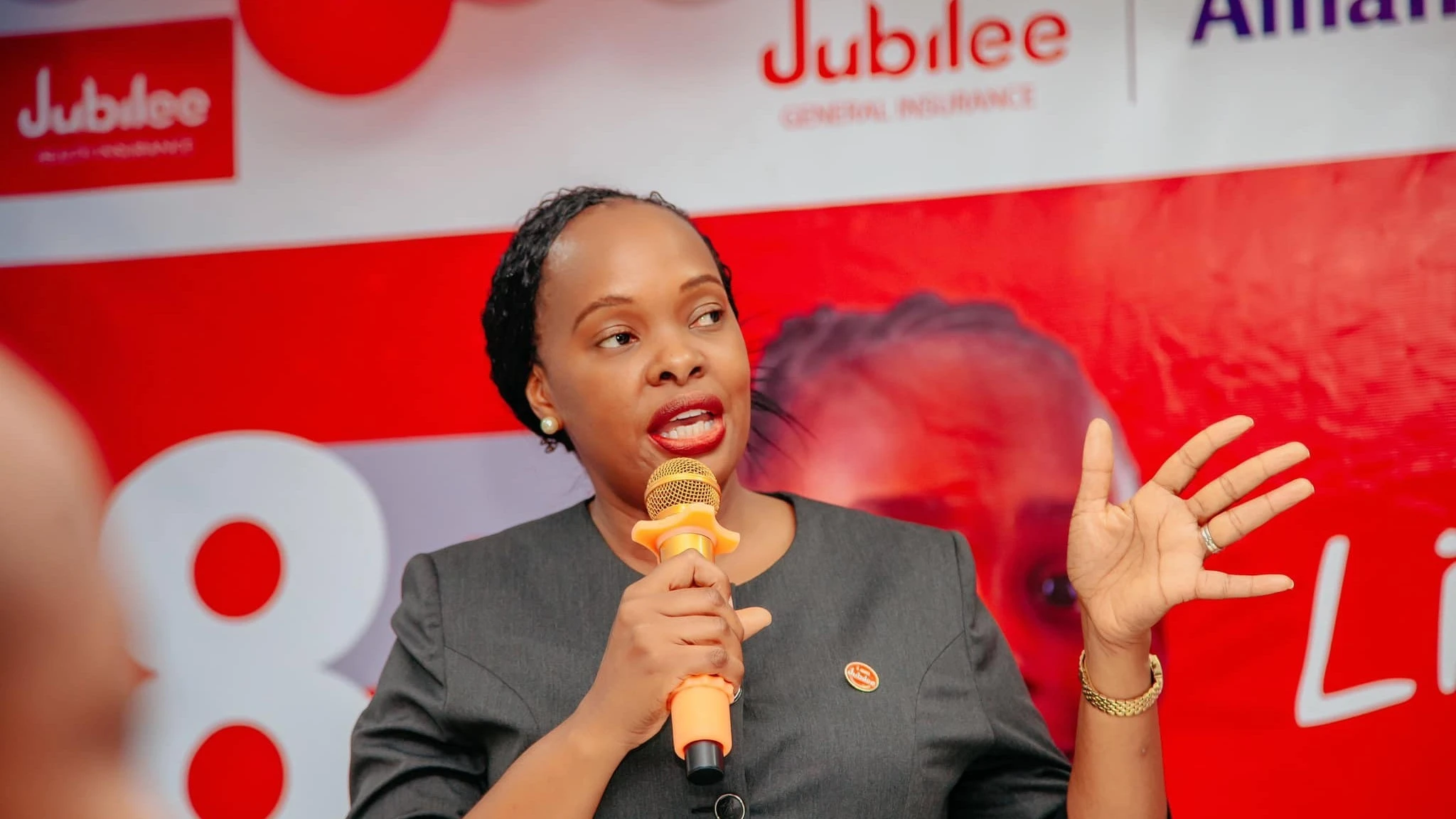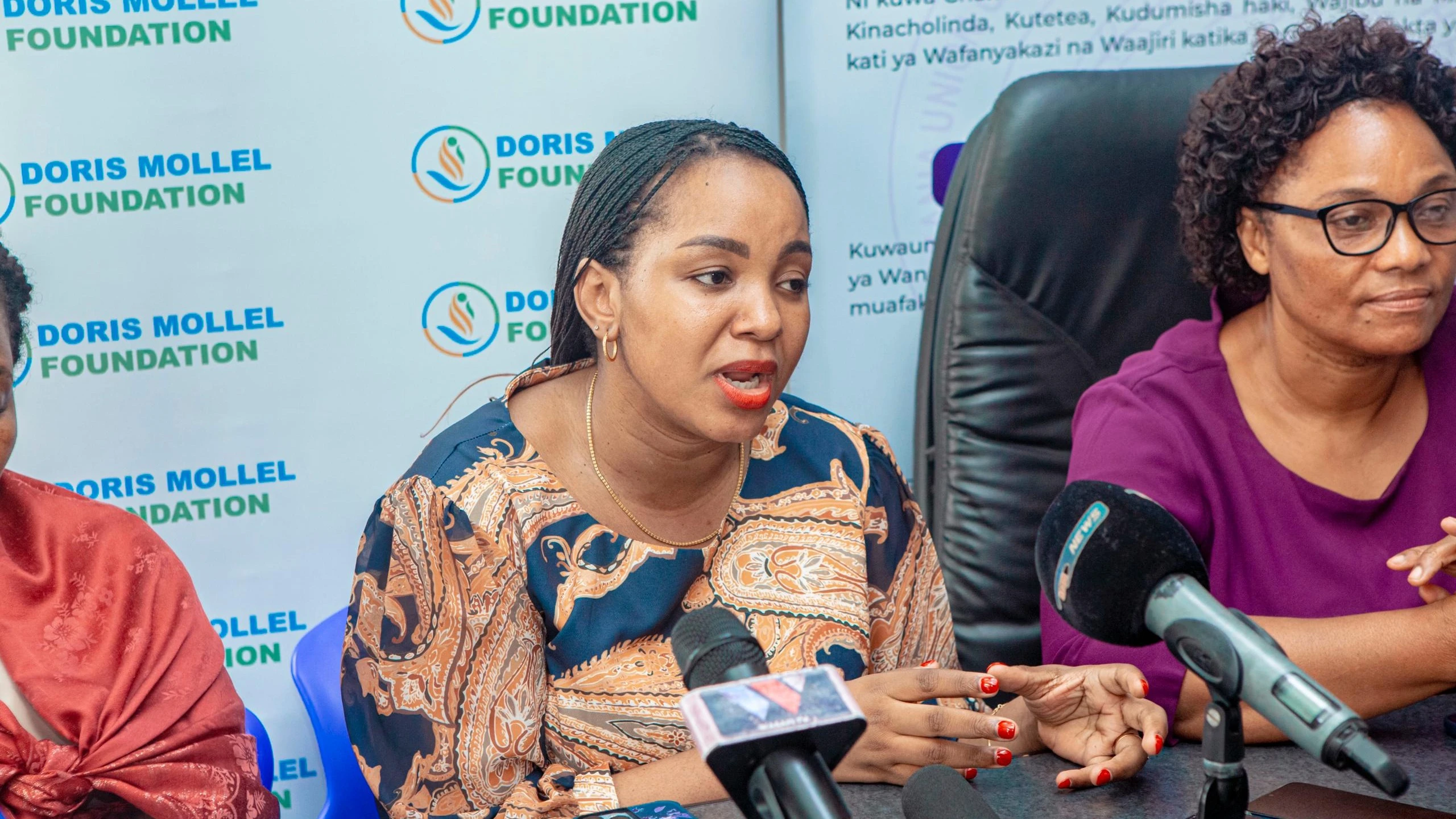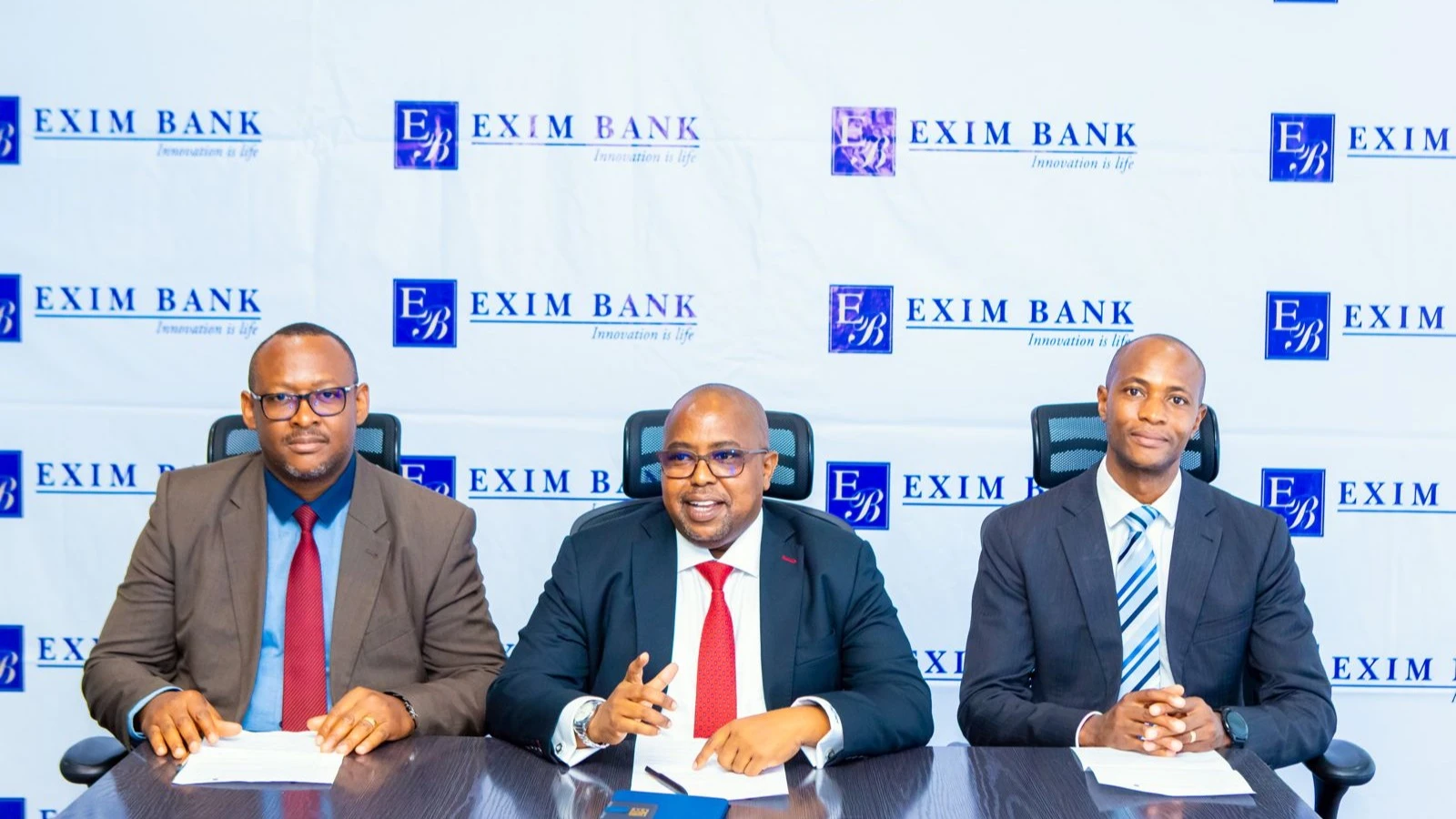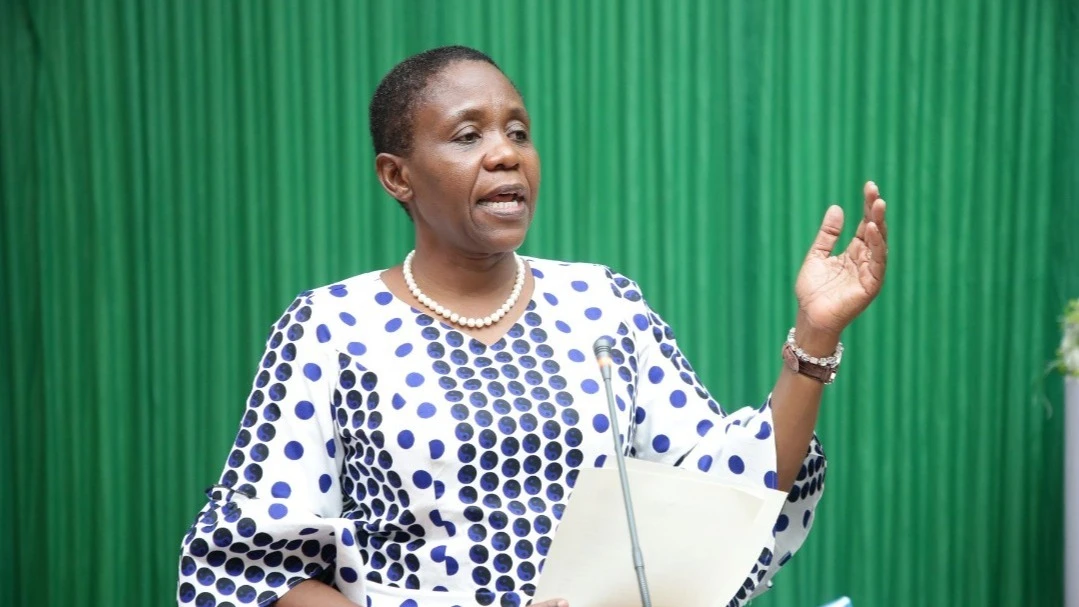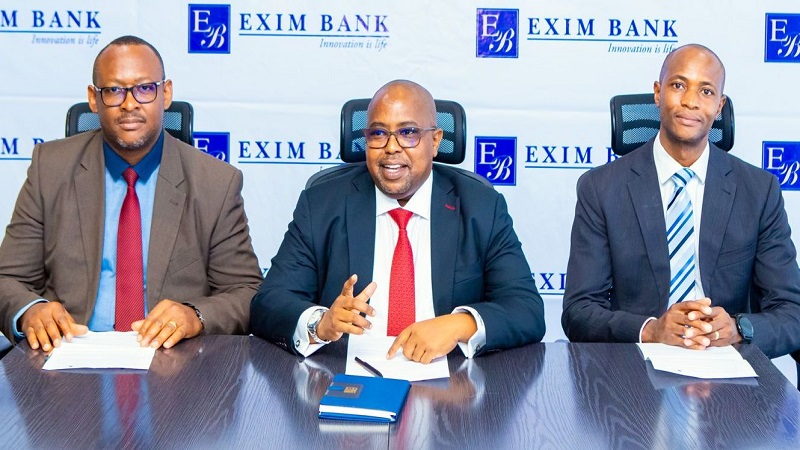Setting financial goals: Your path to financial success
By
Guardian Correspondent
,
The Guardian
Published at 06:00 AM Feb 04 2025
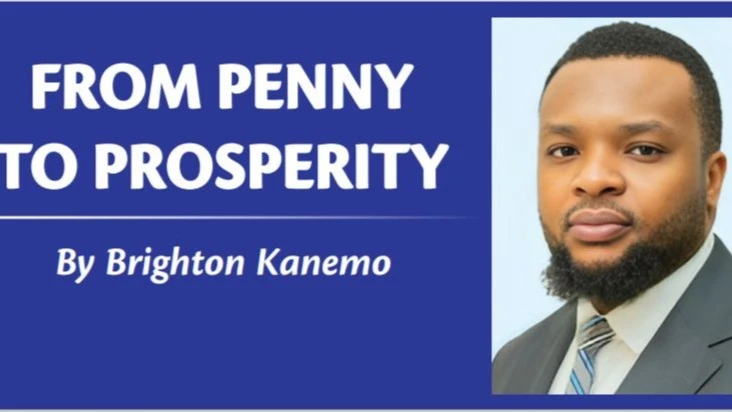
Photo: File
Brighton Ross Kinemo is the Head of Training and Data Sales at the Dar es Salaam Stock Exchange (DSE).
In a world where financial independence has become increasingly important, setting clear financial goals is essential for achieving stability and success. Whether individuals are grappling with student loans, saving for a family, or planning for retirement, a well-structured financial plan can serve as a guiding light through life’s financial complexities.
In a world where financial independence has become increasingly important, setting clear financial goals is essential for achieving stability and success. Whether individuals are grappling with student loans, saving for a family, or planning for retirement, a well-structured financial plan can serve as a guiding light through life’s financial complexities.
This article delves into the different types of financial goals, outlines the SMART framework for effective planning, and highlights practical tools that can help you stay on course—while also incorporating local contexts and relatable real-life examples.
Financial goals traditionally fall into three categories: short-term, medium-term, and long-term. Short-term goals are typically those that can be accomplished within a year and often focus on immediate needs. For instance, take the story of Jessica, a young professional in the area who set her sights on saving 1,500,000/- for a weekend getaway. By opening a dedicated savings account and consistently setting aside a portion of her monthly income, Jessica was able to achieve her goal in just six months, demonstrating how small, disciplined efforts can lead to significant rewards.
Medium-term goals range from one to five years and usually require more discipline and strategic planning. A compelling example is Mark and Lisa, a couple in their late twenties, who aimed to purchase their first home. They set a goal to save 50,000,000/- over the course of three years for a down payment. To reach this target, they carefully trimmed discretionary spending, adhered to a strict budgeting plan, and utilized a high-yield savings account to maximize their savings potential. Their successful navigation of this journey serves as an inspiring blueprint for others looking to achieve similar milestones.
Moving beyond five years, we encounter long-term goals, which often involve broader aspirations such as paying for a child's education or building a substantial retirement fund. For Sarah, a dedicated marketing professional, the dream of retiring comfortably in 30 years includes a target of saving 200mn/-. To reach this ambitious goal, Sarah has taken a proactive approach by investing strategically through contributing to a mutual fund like UTT and Timiza Fund, and buying Treasury Bonds. By leveraging the power of compound interest, she is not just saving money but actively working to grow her wealth for the future.
To make financial goals more achievable, experts recommend employing the SMART framework—Specific, Measurable, Achievable, Relevant, and Time-bound. This method effectively transforms vague intentions into actionable plans. For example, instead of the nebulous goal of "wanting to save money," one could specify a clear aim like “save 10,000,000/- for a new car by June 2025.” By breaking it down into monthly milestones, such as saving 1m/- each month, individuals can track their progress and celebrate small victories along the way.
Achievability is a crucial aspect of this process; setting realistic and attainable goals based on current income and expenses will help prevent unnecessary stress. Additionally, ensuring that goals align with broader life ambitions adds relevance, making the effort feel purposeful. The final component, establishing a clear deadline, instills a sense of urgency that encourages commitment and focus.
An area for further improvement lies in tailoring financial planning frameworks to fit specific cultural and economic contexts. For example, in communities where informal savings groups or cooperatives thrive, financial goals can effectively leverage these communal systems. By acknowledging local realities and practices, the SMART criteria can become more inclusive and practical for diverse demographic groups.
Equally important to achieving financial goals is the use of digital tools and apps designed to simplify tracking and planning. Budgeting applications like Mint and YNAB (You Need a Budget) empower users to monitor expenses, create personalized budgets, and receive real-time alerts about their finances. Savings apps such as Qapital and Digit help automate the saving process by allowing users to set unique rules—like rounding up purchases to the nearest dollar, with the difference saved automatically. For those with long-term financial objectives, Trading and investment platforms like Hisa Kiganjani provide easy access to varied investment options and trading, catering even to those new to investing.
While these tools are immensely valuable, there remains significant room for improvement in making them accessible to a broader audience. Many existing apps primarily cater to users with advanced financial literacy or higher incomes, oftentimes excluding individuals in low-income brackets or those with limited digital access. Developing localized tools that integrate seamlessly with regional banking systems and address unique financial challenges can enhance the inclusivity of these valuable resources.
Setting financial goals transcends mere numbers; it represents taking proactive control over one’s financial future and transforming aspirations into concrete realities. By categorizing goals into short-, medium-, and long-term objectives, adhering to the SMART framework, and leveraging digital resources, individuals can craft a robust roadmap to financial success. Whether you are a student eyeing your first significant purchase or a seasoned professional planning for retirement, the key is to start small, remain consistent, and adapt goals as circumstances change.
Today presents the perfect opportunity to take that first decisive step. Open a dedicated savings account, download a budgeting app, or jot down your financial goals. Always remember that financial independence is not achieved in a day; rather, it is a journey composed of small, consistent actions that yield lasting rewards. Equipped with the right mindset and tools, your financial dreams are not as distant as they may seem. Embrace the journey, and take charge of your financial future today.
Brighton Ross Kinemo is the Head of Training and Data Sales at the Dar es Salaam Stock Exchange (DSE). He can be reached through Email: [email protected]
Top Headlines
© 2025 IPPMEDIA.COM. ALL RIGHTS RESERVED











